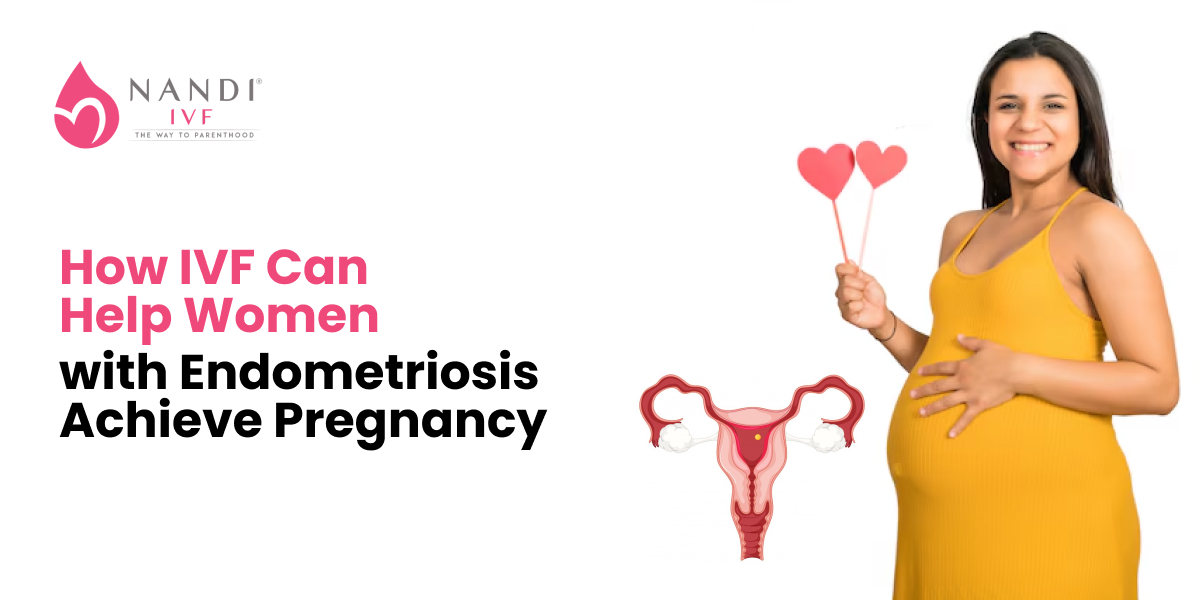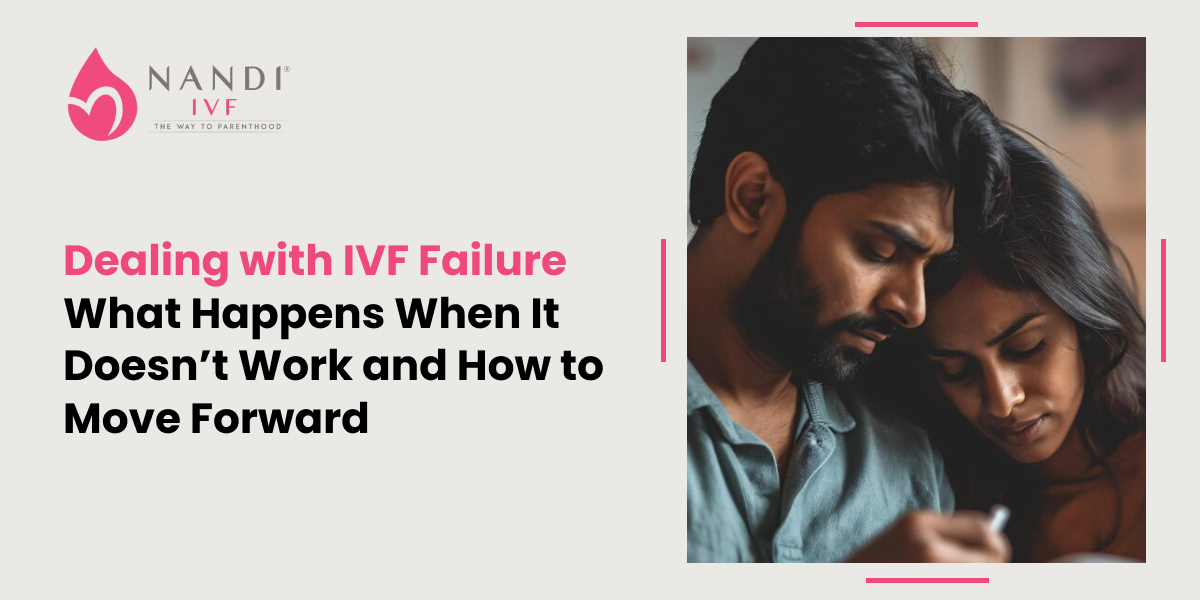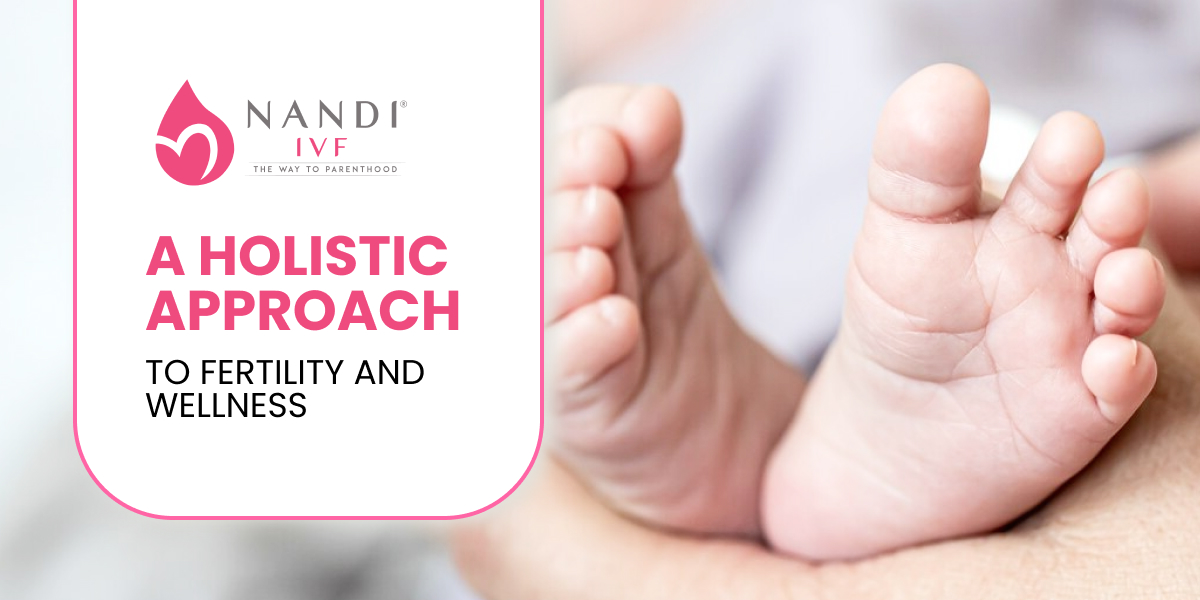Stem cells have the power to complete a family. Yes, you read it right. When combined with Advanced IVF Fertility Treatment, stem cells’ regenerative power can create miracles. The groundbreaking approach has helped countless couples globally to embrace the bliss of parenthood.
Nandi IVF, one of the reputed names in the list of the best IVF centre in Delhi, aims to provide the best possible solutions to couples who are struggling with infertility. Where traditional methods have fallen short, stem cell therapy can be life-changing.
Subsequently, this overview will walk you through the definition of stem cell therapy, its eligibility criteria and how it is pioneering a revolution in fertility treatments.
Why is Stem Cell Therapy Important in IVF Treatment?
Stem cells possess a unique ability to develop into different cell types within the body. They can transform into any specialised cells, be it muscle cells, nerve cells or reproductive cells.
The traditional IVF method involves the fertilization of an egg by sperm outside the body. Then, the embryo is transferred into the uterus. However, this method does not always succeed due to factors such as poor egg quality, failures in embryo implantation, and infertility related to age. This is where stem cells become significant. Stem cells create viable sperm and eggs to successfully process fertilization.
Who is Eligible for Stem Cell Therapy?
Stem cell therapy has shown promise in restoring fertility, but for those who are competent for it. Experts at Nandi IVF, a reputed fertility centre in Delhi, have shared certain eligibility parameters.
Women:
- Under 40 are more likely to receive effective stem cell therapy results.
- Those with low ovarian reserve or primary ovarian insufficiency are eligible for this treatment.
- Suffering from PCOS and Endometriosis may benefit from stem cell therapy.
Men:
- Those who have Azoospermia, Oligozoospermia or testicular damage are ideal for stem cell therapy.
How Stem Cell Therapy is Revolutionizing Fertility Treatments?
The procedure for stem cell IVF consists of several stages. Here is a detail below:
1. Stem Cell Extraction: Stem cells are taken out of the ovaries or testicles.
2. Stem Cell Differentiation: These stem cells are grown in a laboratory and prompted to develop into healthy eggs or sperm.
3. Fertilization: After viable gametes are generated, the IVF procedure commences. This involves the fertilization of eggs with sperm in vitro.
4. Embryo Transfer: The fertilized embryos are placed into the uterus to begin gestation, leading to conception.
Please note: This process may span several weeks or even months, depending on the responsiveness of the stem cells.
Final Words
We hope this overview has cleared up all your confusion regarding stem cell therapy. While the process is still in its experimental stage, its potential to redefine fertility treatments is tremendous. Aspiring parents who may not have had success with conventional fertility methods can consider opting for stem cell therapy. For further information, kindly reach out to the specialists at Nandi IVF, the best IVF centre in Delhi.



















